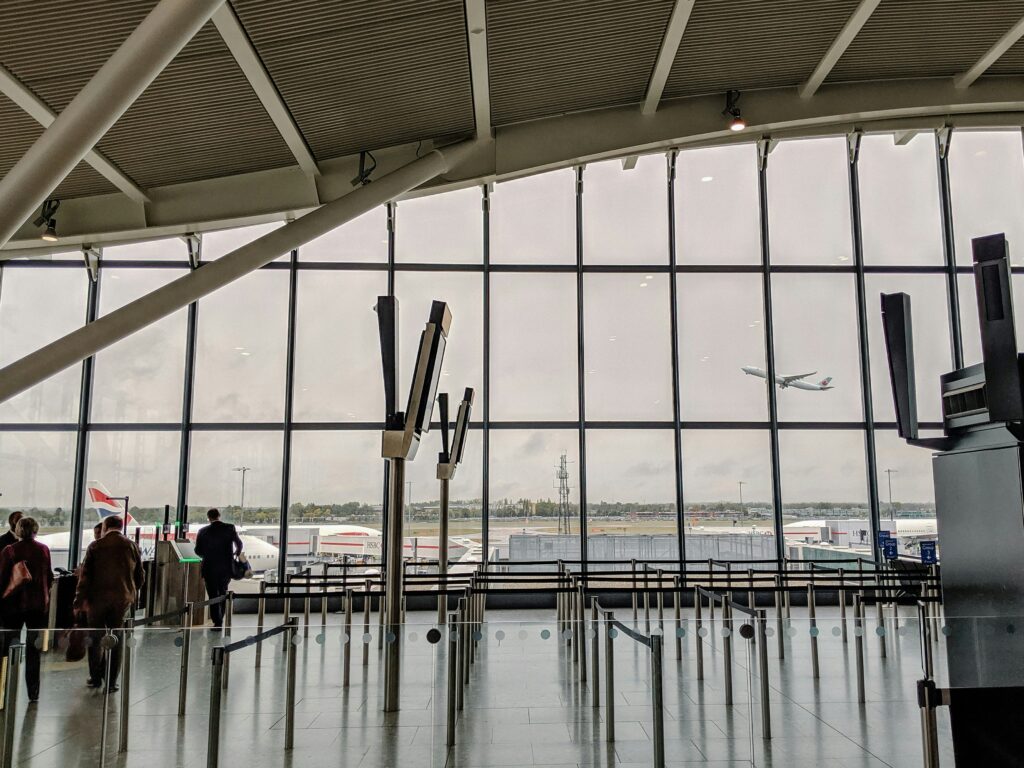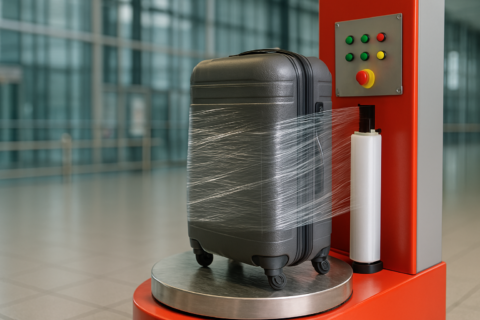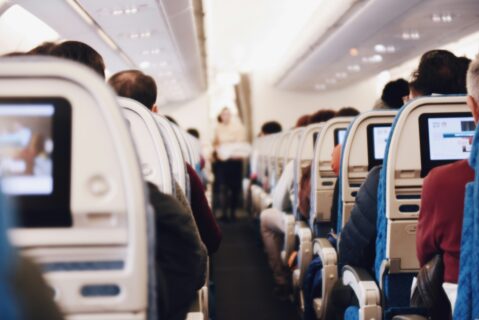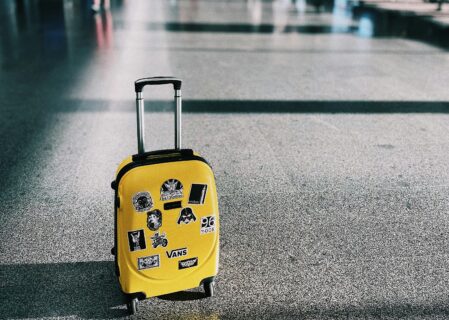Understanding UK Airport Security Rules
Traveling through airports can be a stressful experience, especially when it comes to security checks. With strict regulations in place, it’s important to understand the rules and guidelines to ensure a smooth and hassle-free journey.
In this article, we’ll dive into the UK airport security rules. We’ll provide you with all the information you need to know before your next flight.
Why Are Airport Security Rules Important?

Airport security regulations are in place to ensure the safety and security of all passengers and staff. These regulations are constantly evolving to adapt to new threats and technologies. This makes it crucial for travelers to stay up-to-date with the latest rules and guidelines.
What Are the Most Common Security Checks?
The most common security checks at UK airports include:
- X-ray screening of hand luggage
- Body scanners
- Metal detectors
- Explosive trace detection
- Random pat-down searches
These checks are to find any prohibited items or substances that could pose a threat to the safety of the aircraft and its passengers.
What Are the Rules for Hand Luggage?
Hand luggage is any bag or item that you carry with you onto the aircraft. It’s important to note that different airlines may have their own specific rules and restrictions for hand luggage. Because of this it’s always best to check with your airline before traveling.
In general, the following rules apply to hand luggage in the UK:
- Liquids must be in containers of 100ml or less
- All liquids need to be in a clear, resealable plastic bag
- The total volume of liquids in the bag must not exceed 1 liter
- Each passenger may only have one plastic bag
- Medications and baby food/milk are exempt from the 100ml rule, but may be subject to additional screening
It’s important to note that these rules also apply to duty-free items purchased at the airport. If concerned with items in your hand luggage, check with airport security before going through the security checks.
Prohibited Items in Hand Luggage?
There are certain items you can not take in hand luggage. Attempting to bring them on board could result in fines or even criminal charges. These items include:
- Sharp objects such as knives, scissors, and razor blades
- Sporting goods such as bats, clubs, and martial arts equipment
- Firearms and ammunition
- Explosives and flammable substances
- Chemical and toxic substances
- Tools such as hammers, drills, and saws
It’s important to note you may carry some of these items in your checked luggage. However, it’s always best to check with your airline before packing them.
What Happens If Caught With These Items?
If found with these items in your hand luggage, airport security will confiscate these items. In some cases, you may have an option to place the item in your checked baggage. However, this is at the discretion of the security officer.
If the items are a serious threat, you may be subject to further questioning and potential criminal charges. It’s always best to follow the rules and guidelines to avoid any issues at the security checks.
How Can I Prepare for Airport Security?
To make the security process as smooth as possible, there are a few things you can do to prepare:
Arrive Early
Airlines recommend arriving at least 2 hours before short flights and 3 hours for long international flights. This will give you enough time to go through security and any other necessary checks.
Wear Appropriate Clothing
Avoid wearing clothing with metal buttons, zippers, or accessories as these may set off the metal detectors. Wearing slip-on shoes makes the process of removing them for the security check easier.
Have Your Documents Ready
Make sure to have your boarding pass and passport or ID easily accessible for the security check. This will help speed up the process and avoid any delays.
Pack Your Liquids Properly
As mentioned earlier, all liquids must be in containers of 100ml or less and placed in a clear, resealable plastic bag. Packing your liquids in an easily accessible place in your hand luggage avoids delays at security.
What Are the Rules for Electronic Devices?
You must remove electronic devices such as laptops, tablets, and cameras from hand luggage. Then place these items in a separate tray for screening. This includes any power banks or spare batteries for these devices.
Note that some airlines may have restrictions on the use of electronic devices during the flight. It’s best to check with your airline before traveling.
Can I Bring Food Through Airport Security?
You can take food through airport security, but there are a few things to keep in mind:
- Any liquids or gels in your food must adhere to the 100ml rule. You must place them in a clear, resealable plastic bagG
- Gel foods, such as yoghourt or jam, must also adhere to the 100ml rule
- You cannot bring pasted food, such as peanut butter or hummus, in hand luggage.
- Regular solid food can be be in your luggage, such as sandwiches and fruit
It’s always best to check with airport security if you’re unsure about any food items in your hand luggage.
Can I take a Locked Bag Through Airport Security?
Yes, you can take locked bags through airport security. However, airport security officers may need to open and inspect your bag during the security screening process. To facilitate this, security agents recommend using a TSA-accepted lock.
What Are TSA Locks?
TSA-accepted locks have a special feature allowing security officers to open and relock the lock without damaging it. This way, your bag remains secure while still allowing security officers to conduct the necessary inspections.
What Are the Rules for Duty-Free Items?
You can bring duty-free items purchased at the airport through security, but there are a few things to keep in mind.
- Airport purchased liquids need tamper-evident bags, sealing and have the receipt visible
- You can not open your duty-free bag until you reach your final destination
- If you have a connecting flight, make sure to inform the staff at the duty-free shop so they can pack your items accordingly
For more insight view the CAA’s Check-In & Security page.
Conclusion
Understanding UK airport security regulations is crucial for a smooth and stress-free travel experience. By following the rules and guidelines, you can help ensure the safety and security of all passengers and staff. Remember to always check with your airline before traveling to stay up-to-date with any changes or specific rules they may have.
Safe travels!



